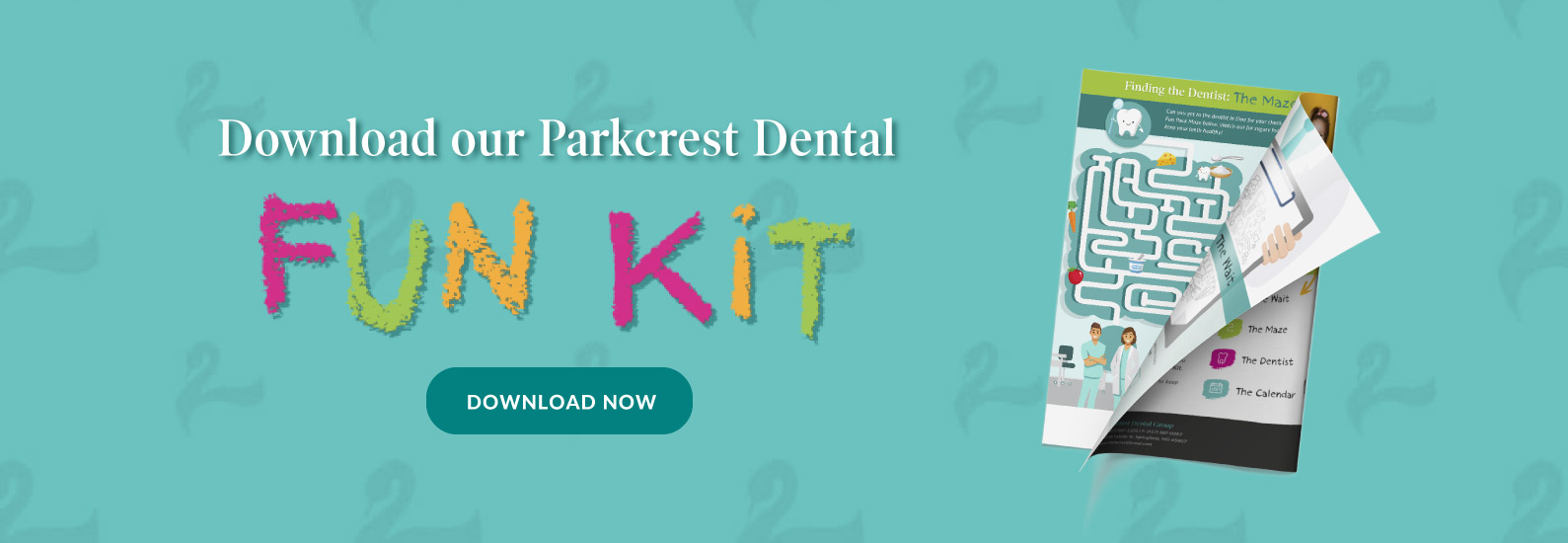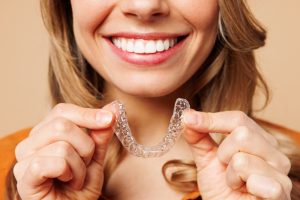If your child uses a pacifier, then they are probably relatively attached to it. You might have heard that it is possible that constant pacifier use can damage their teeth. This is often referred to as “pacifier teeth,” and is a true dental issue, but there are ways to prevent damage caused by pacifiers. In this blog, Dr. Scott’s team at Parkcrest Dental Group explains what issues can be caused by pacifiers, and how to break the pacifier habit.
What Damage Can Pacifiers Cause?
Pacifier use can cause your child’s mouth to change, along with the alignment of the teeth. As your child matures, their jaws will take the shape of anything they have routinely been holding within their mouth. This can cause the teeth to tip forward, causing issues with their bite. The roof of the mouth can also be altered, along with overbites and underbites. A reliable pediatric dentist can analyze your children’s teeth, and work to help correct dental issues caused by pacifiers.
Related Posts: Thumb Sucking Leads to Dental Damage
How Can I Get My Child To Stop Using Pacifiers?
It can be very hard for your child to break the pacifier habit, especially if they immediately try to start sucking their thumbs. Thumb sucking can negatively impact your child’s teeth as well, so it is important to teach other self-soothing strategies. If you notice that your child tends to use their pacifier most when they are afraid, make sure to cuddle them and spend time with them. Remove the pacifier from their mouth. Your presence should be enough to calm them. It is important to be positive with your children. Offer them encouragement as they stop sucking their thumbs. Tell them that you are proud of their progress. It can be beneficial to utilize a prize chart. If your child goes a full day without using their pacifier, perhaps they get a sugar free snack as a reward. Use stickers to track their progress and work up to a bigger reward, like a trip to the park.
Related Posts: Children and Teeth Development
Contact Dr. Scott At Parkcrest Dental
If you still have questions about how to stop pacifier use, or if you think your child may be showing signs of having pacifier teeth or other issues related to pacifier usage, contact Dr. Scott and his team at Parkcrest Dental today.





